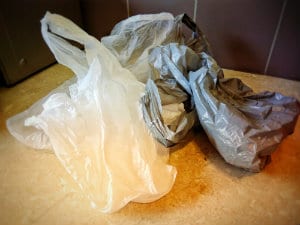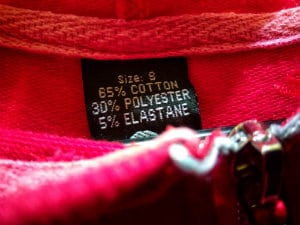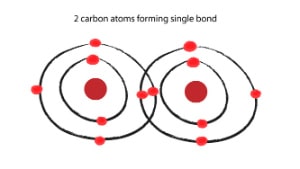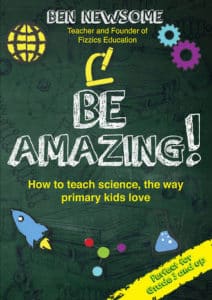I noticed that my local supermarket will be discontinuing single-use plastic shopping bags starting next month. Turns out, many grocery stores across Australia will be doing the same. Plastic is a pretty integral part of everyday life, yet the theme of Earth Day this year was “End Plastic Pollution”. What’s so bad about plastics?

No more shopping bags as bin liners!
Synthetic plastic was invented in the early 1900’s, and it was a total game changer. Take a look around you: how many items contain plastic? From the polycarbonate lining of a tin can to the polyester content in your clothes, there will be plastic in most things. Its invention has contributed greatly to the progress of society and has made our daily lives so much easier.

The content label on my hoodie!
Plastics are made from a chemical reaction called polymerisation. Units of molecules called monomers can form a chain or network through chemical bonding, resulting in a polymer. By changing the way the monomers come together to form the plastic, properties of the polymer can be tuned; rigid and tough or flexible and malleable, and thermally and electrically insulating. Most importantly they are strong and long-lasting, and unlikely to degrade over time.
But this is the same reason we are worried now. Plastic polymers are mostly held together with carbon-carbon bonds, which are very stable. Once it’s made it’s very difficult to decompose because it took a lot of energy to form, and very few things in nature have metabolic pathways to break these bonds. So off to the landfill it goes, where it is chemically stable for hundreds of years! Tiny bits like plastic fibres or microbeads can end up in the oceans and rivers, up the food chain and eventually, our bodies.

Source: Surf Guppy: Chemistry resources for students & teachers
What’s the solution then? Many products now claim that they use biodegradable plastics. While they will break down in less time, the integrity of the structure will often be sacrificed. They may also leave a sticky residue once they decompose.
Recycle
Put as much in your recycling bin as possible instead of the rubbish bin, check with your local council about restrictions. A great research topic could be to learn about which plastics can and can’t go into your recycling bin, and why that may be!
Reduce
Use less plastic! You can use this plastic calculator to see how you can reduce your plastic usage.
Re-purpose
Some stores will take soft plastics that can’t go in your recycling bins for re-purposing. Here’s a news article about park benches made out of plastic wrappers!
Check out this activity you can try at home or in the classroom: making plastic yarn, or “plarn”! I myself am a recreational knitter/crocheter, so I will definitely be making one of these in the near future!
Happy teaching,
NEW Primary science teaching book!
“Be Amazing! How to teach science, the way primary kids love”



























Comments